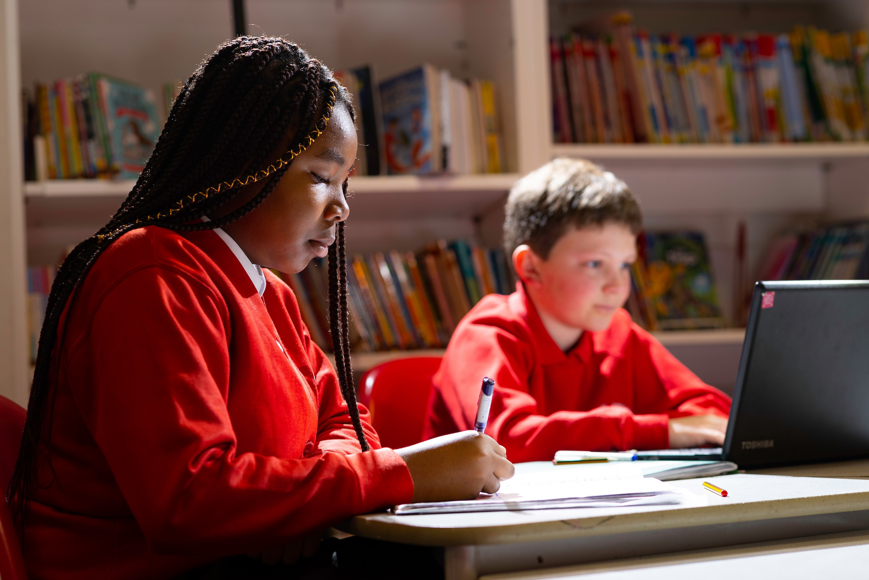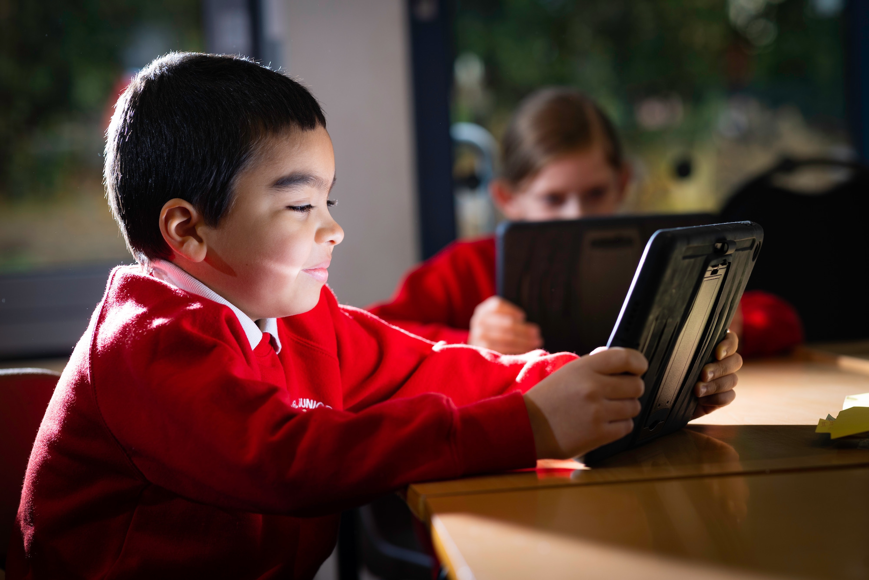History
Whole School Progression Overview Whole School - Long Term Plan

Intent
At Marnel Junior School, our aim is to deliver high-quality history teaching that will enable pupils to gain a coherent knowledge and understanding of Britain’s past as well as the wider world. The aim being to inspire pupils’ curiosity about the past.
The topics covered in History are informed by the National Curriculum and are sensitive to the children’s interests. In line with the national curriculum 2014, the curriculum at Marnel Junior School aims to ensure that all pupils:
• Gain a coherent knowledge and understanding of Britain’s past and that of the wider world which helps to stimulate pupils’ curiosity to know more about the past;
• Are encouraged to ask perceptive questions, think critically, weigh evidence, sift arguments, and develop perspective and judgement;
• Begin to understand the complexity of people’s lives, the process of change, the diversity of societies and relationships between different groups, as well as their own identity and the challenges of their time. In doing so helping pupils to make sense of the increasingly complex and rapidly changing world in which we live.
Utilising their understanding of the past to prepare children to be successful, responsible citizens of the future.
Implementation
We deliver History lessons using the Hampshire recommended ‘Six Step Enquiry Model’.
|
Step 1: Teacher motivates pupils to want to learn and scopes the enquiry |
|
Step 2: Children collect information in interesting and varied ways |
|
Step 3: Children make sense of ideas and process the information |
|
Step 4: Children draw their own conclusions, making their own meaning |
|
Step 5: Their understanding is checked, developed and refined |
|
Step 6: Pupils create their final, imaginative product after teacher models |
This model is an enquiry-based approach that is designed to motivate the children to collect and organise information that will enable them to draw their own conclusions. Along side this approach Rosenshines 10 Principles of Instruction are at the heart of our teaching and learning and enable learning to be broken into smaller steps, scaffolded and reviewed regularly.
History offers the children learning experiences designed to develop their skills in information gathering, making sense of information, drawing conclusions, refining their understanding, and presenting their newfound knowledge and understanding in a variety of imaginative ways.
We aim to teach History in a way that:
- Inspires curiosity, encourages the children to ask questions and explore their learning in collaboration with others.
- Provides a chronological awareness of local, British and World history.
- Allows opportunities to use and understand the methods of historical enquiry
- Ensures understanding of the historical concepts of change and continuity, cause and consequence, similarity and difference, and significance
- Incorporates first hand experience through the use of artefacts and school trips

Impact
Emphasis is placed on analytical thinking and questioning. The children demonstrate a coherent knowledge and understanding of Britain’s past and that of the wider world, in addition to being curious to know more about the past. Through this study, pupils ask perceptive questions, think critically, weigh evidence, sift arguments, and develop perspective and judgement.
Outcomes in foundation books evidence a broad and balanced history curriculum and demonstrate the children’s acquisition of identified key knowledge.



